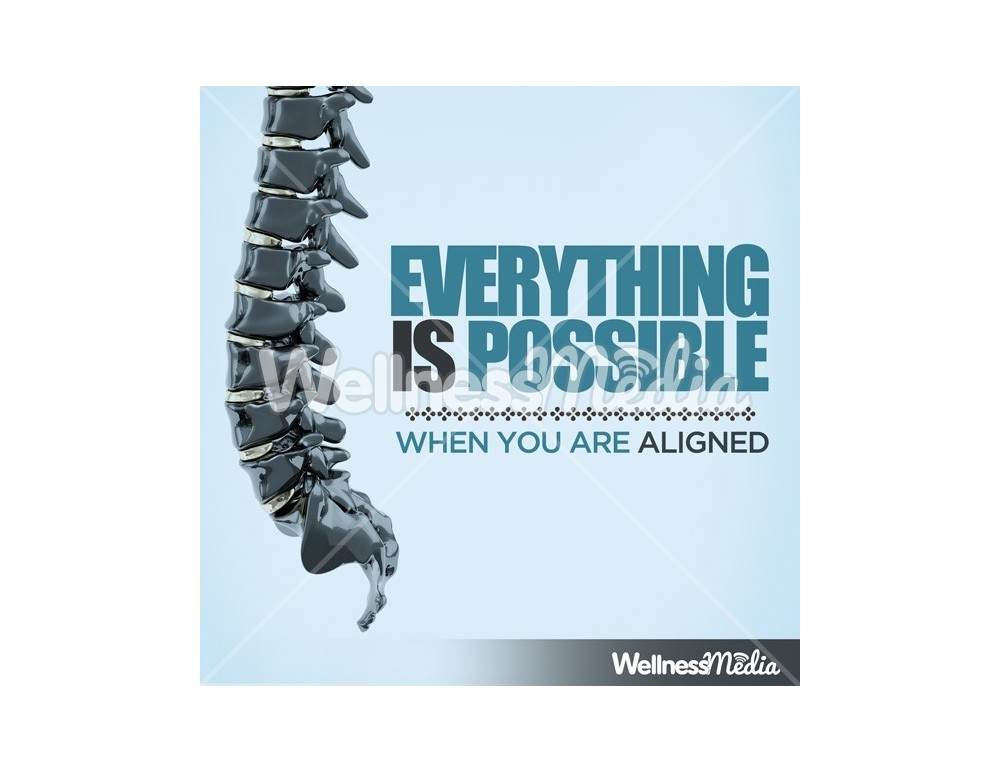The Duty Of Nutrition In Neck And Back Pain Monitoring: Foods To Eat And Avoid
The Duty Of Nutrition In Neck And Back Pain Monitoring: Foods To Eat And Avoid
Blog Article
Content Composed By-Duus Jordan
When it involves handling your back pain, the food options you make can substantially influence just how you feel on a daily basis. Envision being able to alleviate your pain merely by changing what you consume. By recognizing the function of nourishment in back pain administration and knowing which foods to incorporate or avoid, you can take proactive actions towards a healthier and extra comfy lifestyle. preston pietrzykowski austin tx between nutrition and back health is more profound than you might understand-- let's explore how certain foods can either calm or aggravate your back pain.
Relevance of Nutrition in Back Pain
Nutrition plays a crucial role in managing neck and back pain. Your diet can considerably influence inflammation levels and overall pain degrees in your back. Eating a well balanced diet plan abundant in nutrients like vitamins D and K, calcium, magnesium, and omega-3 fats can help in reducing inflammation and strengthen bones, which are important for back health.
In addition, preserving a healthy weight with proper nourishment can ease stress and anxiety on your spinal column, decreasing the threat of back pain.
Additionally, particular nutrients like antioxidants discovered in fruits and vegetables can assist fight oxidative anxiety and promote recovery in the body, consisting of the back muscle mass and back.
On the other hand, taking in extreme quantities of processed foods, sugary drinks, and undesirable fats can add to swelling and weight gain, intensifying pain in the back.
Foods to Eat for Back Health
To support a healthy back, integrating nutrient-rich foods into your day-to-day dishes is crucial. Consisting of foods high in antioxidants like berries, spinach, and kale can help reduce inflammation in your back, easing discomfort and pain. Omega-3 fatty acids found in fatty fish such as salmon and mackerel have anti-inflammatory buildings that can benefit your back health.
Additionally, consuming chiropractic care for migraines and seeds like almonds, walnuts, and chia seeds offers crucial nutrients like magnesium and vitamin E, which support muscle function and reduce oxidative stress and anxiety. Incorporating https://caraccidentdoctornearme40627.get-blogging.com/32606361/you-could-be-stunned-to-learn-that-numerous-misunderstandings-regarding-chiropractic-treatment-come-from-an-absence-of-understanding-find-the-truth-behind-these-myths as poultry, turkey, and tofu can help in muscular tissue repair and upkeep, promoting a strong back.
Don't fail to remember to include milk or strengthened plant-based options for calcium to support bone wellness. Last but not least, moisten with lots of water to keep your spinal discs hydrated and operating ideally. By consisting of these nutrient-dense foods in your diet plan, you can nurture your back and support overall spine wellness.
Foods to Prevent for Back Pain
Go with staying clear of refined foods high in added sugars and trans fats when looking for remedy for neck and back pain. These types of foods can add to swelling in the body, which might worsen neck and back pain. Say no to sweet snacks like candy, pastries, and sugary drinks, in addition to fast food items like burgers, french fries, and fried chicken that are usually loaded with trans fats.
In addition, stay away from foods including high levels of polished carbohydrates, such as white bread, pasta, and breads, as they can surge blood sugar level levels and possibly intensify swelling in the body.
It's also smart to restrict your consumption of foods high in hydrogenated fats, like red meat and full-fat dairy products, as they can add to swelling. Processed foods like deli meats, chips, and packaged snacks are commonly high in saturated fats and ought to be eaten in moderation.
Conclusion
Finally, taking note of your diet regimen and making smart food choices can have a significant effect on handling pain in the back. By incorporating nutrient-rich foods like berries, fatty fish, nuts, and lean healthy proteins, and preventing processed and sweet products, you can help reduce inflammation and support overall back health and wellness. Remember, what you eat plays a vital function in how you really feel, so make certain to prioritize your nourishment for a healthier back.
